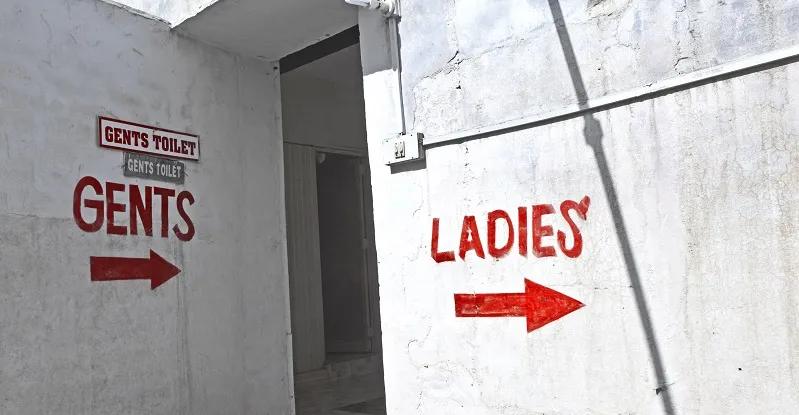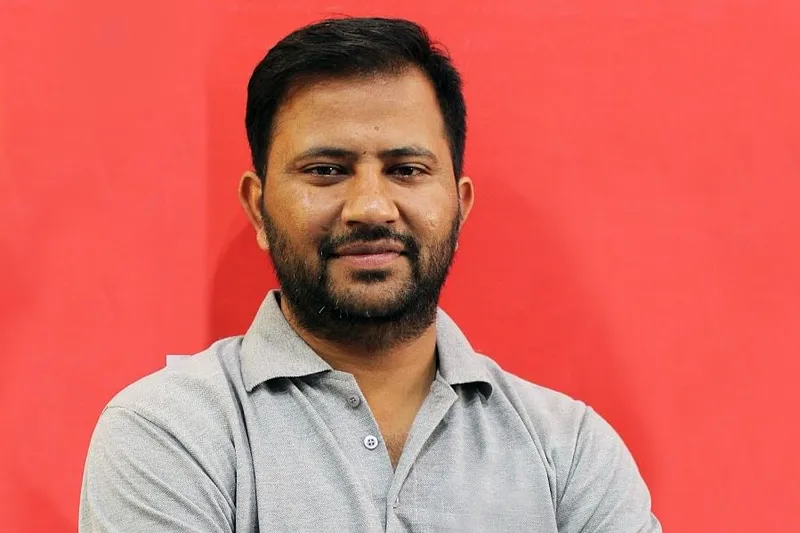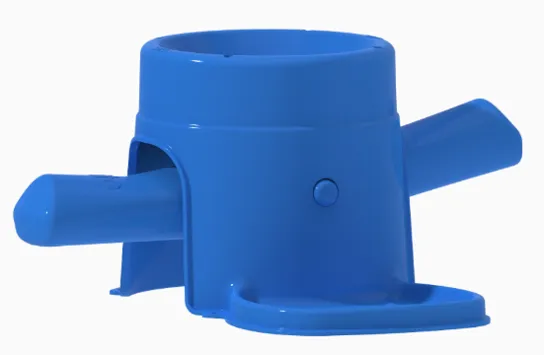How Toilet Board Coalition leverages tech to transform the sanitation sector
Venugopal Gupta, Managing Director of the Toilet Board Coalition (TBC), shares the economic potential of the sanitation space, the need for innovative solutions, and the way forward.
In 2014, the Indian government launched the Swachh Bharat Abhiyaan to make toilets accessible to every Indian. Eight years hence, we have a broad variety of cutting-edge technologies helping with the smooth functioning of public and community toilets. But, the road is a long one.
Helping in this endeavour is The (TBC).
Established in 2015, the group aims to create a ‘Sanitation Economy’—a marketplace estimated to be a $148 billion annual opportunity by 2030 in India alone. The private businesses-led membership organisation works towards achieving universal access to safe sanitation practices, products, and services.
Managing Director Venugopal Gupta views sanitation as an economic opportunity. He tells SocialStory, “We feel it to be an economic opportunity, where we can create several livelihoods, business, economic, societal, and social values.”
The sanitation economy includes using smart digital technologies to deploy innovative, affordable, and climate-friendly sanitation systems and recovering biological resources within the circular economy.
Explaining the sanitation economy further, Venugopal says, “It is about unleashing innovation, business models and potential, and serving people from a customer-centric perspective.”
To date, TBC has impacted over 70 million lives through its programmes, grants, and mentorship. The group’s business accelerator, now in its seventh year of operation, helps scale SMEs in the sanitation sector.
Of the 52 SMEs it supports, nearly 50% are India based and have received investments from philanthropies and corporates. They leverage technologies, including artificial intelligence, satellite technology, and machine learning, to address sanitation issues in low-income markets.
According to TBC, tackling issues like increasing population, climate change, marine pollution, water crisis, energy demand, and urbanisation is not limited to the scope of governments; it requires the active participation of the private sector and individuals.
The coalition—comprising conglomerates such as LIXIL, Unilever, Kimberly Clark, and multilateral like USAID and ADB—predicts a positive future for the Indian sanitation sector with the growing number of SMEs venturing into this space.
The private sector-led coalition counts LIXIL as one of its key members, who has come up with innovative solutions while staying socially conscious.
Priyanka Tanwar, TBC India Chair and Leader of Communications and Corporate Responsibility - Asia Pacific and Greater China, LIXIL, says, “As a global water technology organisation, LIXIL aims to make better homes a reality for everyone, everywhere.
She adds, “We are committed to improving access to sanitation for 100 million people by 2025. We have pioneered a shift towards a new approach to sanitation, especially through strategic collaborations with the coalition.”

Public toilets [Representational image]
With Jal Saathi, this Delhi youngster is helping slum dwellers transport, store water
The growing use of technology
Yashwant Suthar, Founder of Lootel, says that post the COVID pandemic, people are willing to pay for hygiene. Lootel offers internet-enabled restrooms, transforming the way toilets are built and managed.
“Tech has become the most essential part of the operational control mechanism. It is no longer the old jaded sector of manual workers we have in our minds. Today, entrepreneurs are incorporating biotechnologies, satellite technologies, and IoT-enabled products and services in the sanitation sector. Further, consumers have a positive approach to using tech inside public toilets,” he explains.
One can use Lootel Smart Restrooms by paying Rs 10 and redeeming the restroom coupon at Lootel Cafés on food and beverages bills. It offers shower facilities—tested, proven, and manufactured to be water efficient—making the user experience pleasant and convenient.
Venugopal says another reason to use technology in the sanitation sector is to bring down costs. Technology makes it cost-effective to reach people distributed across geographies compared to building physical distribution networks.

Yashwant Suthar, Founder of Lootel
How SATO is tackling the open defecation problem in rural India with low-cost toilets
Becoming socially responsible
Today, sustainability is a core focus across fields, and sanitation is no different. According to Venugopal, the community toilet gap can be filled with the help of entrepreneurs with innovative, tech-driven, low-cost, and sustainable solutions.
“Often, the philanthropic approach is apathetic to the beneficiary since they come from an angle of providing. But business approaches are very customer-centric. They start with the customer and understand what needs to be done. Sanitation is a unique opportunity as it serves customers every day,” adds Venugopal.
An alumnus of TBC, Pune-based Fluid Robotics uses AI-powered solutions to diagnose water and wastewater pipeline networks to address the growing urban issues of water loss and water pollution.

Co-founder and CEO Asim Bhalerao says that the startup set up a team of microbiologists internally to monitor the COVID-19 pandemic by leveraging Fluid Robotics’ technologies.
“Today, we are monitoring the spread of COVID-19 across cities. We did not restrict ourselves to identifying just COVID-19. Our technologies can monitor other infectious diseases, including Hepatitis C, which would create problems not only in the environment but also for people, as they often drink water contaminated with sewage,” Asim says.
In 2020, LIXIL developed the SATO Tap to help prevent the spread of COVID. As a hand washing solution, SATO Tap uses water in a plastic bottle and gravity to release a minimal, frugal, but stable water flow.

SATO Tap
LIXIL’s SATO Toilet Solutions are a range of simple, affordable products made for developing countries facing severe water shortages.
As flushing requires less than one litre of water, the product uses a counterweight trap door that otherwise remains closed to reduce odours and prevent insects, including flies, from spreading bacteria.
“There are small and big innovations and, of course, more innovations in the luxury part of it. But in our work with TBC, we are committed to addressing the sanitation challenge in the world — with over four billion people still lacking safe sanitation services and access to safe water. That's our commitment. Corporates need to focus a bit beyond their regular products and services and think about how we can impact the community at large,” says Priyanka.
Edited by Suman Singh




![[Techie Tuesday] The unlikely story of Gurteshwar Singh of Karix, a college dropout turned cloud telephony expert](https://images.yourstory.com/cs/2/a9efa9c0-2dd9-11e9-adc5-2d913c55075e/Final_Gurteshwar-800x4001563200009185.png?mode=crop&crop=faces&ar=1%3A1&format=auto&w=1920&q=75)

